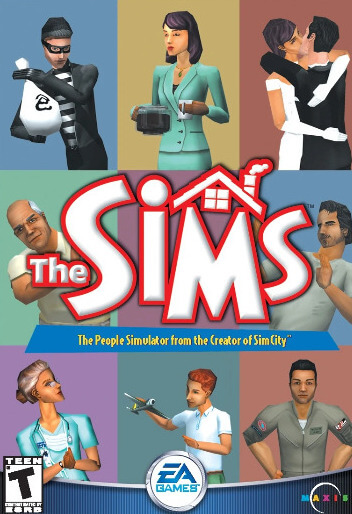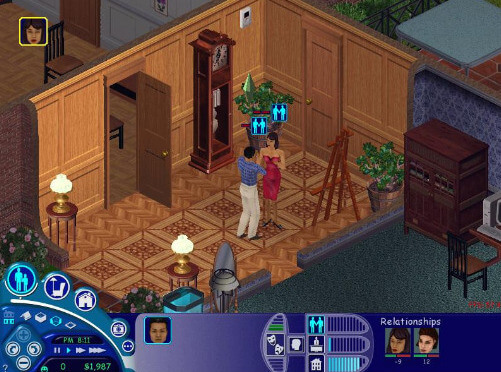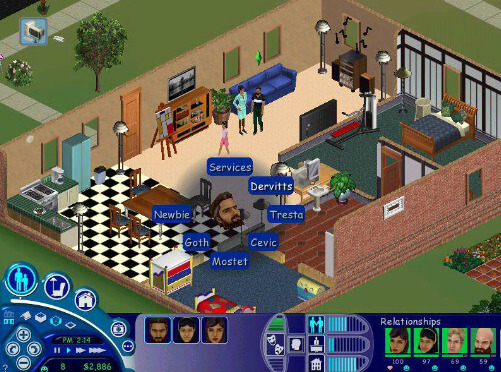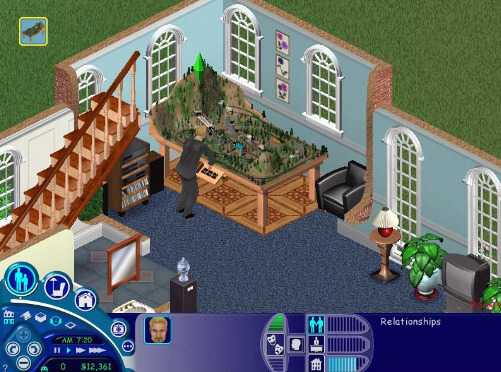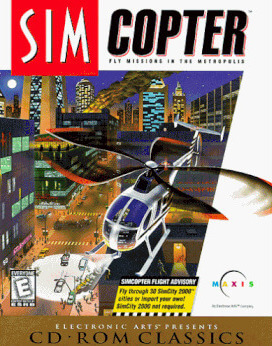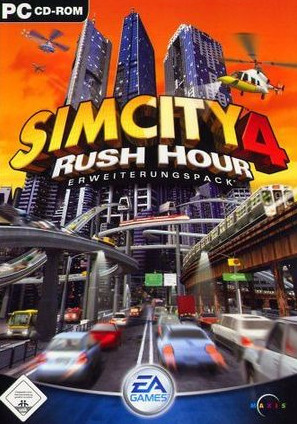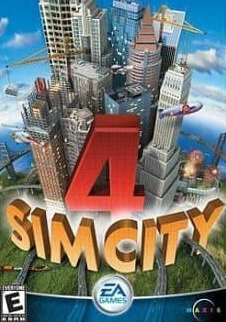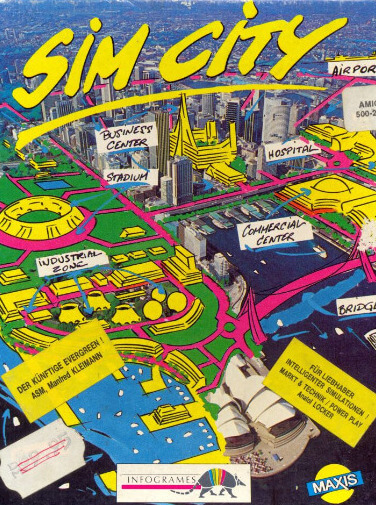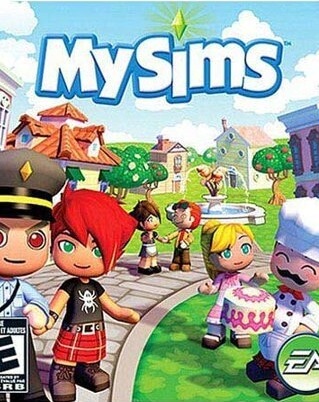The player can make decisions about time spent in skill development, such as exercise, reading, creativity, and logic by adding activities to Sims' daily agenda. Daily needs such as hygiene and eating can and must also be scheduled. Although Sims can autonomously perform these actions, they may not prioritize them effectively. Much like real humans, Sims can suffer consequences for neglecting their own needs. In addition, Sims must maintain balanced budgets and usually supplement an income by obtaining a job. Sims may earn promotions by fulfilling skills and maintaining friendships with others for each level, which lead to new job titles, increased wages, and different work hours. Alternately, Sims may also create and sell various artwork and items at home.
While there is no eventual objective to the game, states of failure do exist in The Sims. One is that Sims may die, either by starvation, drowning, fire, or electrocution. When a Sim dies, a tombstone or an urn will appear (in later expansion packs the Grim Reaper will appear first), and the ghost of the deceased Sim may haunt the building where it died. In addition, Sims can leave the game for good and never return, or two adult Sims with a bad relationship may brawl, eventually resulting in one of them moving out. Children will be sent away to military school if they fail their classes or if they have not fulfilled their needs (especially when hunger is very low), a social care worker will take them away from their household and they are no longer returnable.
Building
While gameplay occurs in the game's "Live mode," the player may enter "Build mode" or "Buy mode" to pause time and renovate the house or lot. When the game begins, each family will start off with §20,000 Simoleons (regardless of its number of members). These funds can be used to purchase a small house or vacant lot on the Neighborhood screen. Once a lot is purchased, a house may be constructed or remodeled in Build mode, and/or purchase or move furniture in the Buy mode. All architectural and customizable features and furnishings in the Build and Buy modes follow a square tile system in which items must be placed on a tile. Walls and fences go on the edge of a tile and can follow the edge of the tile or cross it, but furniture items cannot be placed on either side of a crossed tile. The base game contains over 150 items including furniture and architectural elements.
In addition, the game includes an architecture system. The game was originally designed as an architecture simulation alone, with the Sims there only to evaluate the houses, but during development it was decided that the Sims were more interesting than originally anticipated and their once limited role in the game was developed further.
Objects
Players have a broad choice of objects that their respective Sims may purchase. Objects fall into one of eight broad categories: seating, surfaces, decorative, electronics, appliances, plumbing, lighting and miscellaneous.
Reception
Critical reception
The Sims received positive reviews. Will Wright, the game's designer, said the game has been a success in many ways—attracting casual gamers and female gamers (the latter making up almost 60% of players).
The Sims has won numerous awards, including GameSpot's "Game of the Year Award" for 2000. Game Informer ranked it the 80th best game ever made in its 100th issue in 2001. In August 2016, The Sims placed 31st on Time's The 50 Best Video Games of All Time list. In 2019, it was ranked 17th on The Guardian newspaper's The 50 Best Video Games of the 21st Century list.
Sales
The Sims was released on February 4, 2000 and became a best-seller shortly after launch. In the United States, it was the best-selling computer game of 2000, with domestic sales of 1.77 million units and revenues of $72.9 million. It remained the country's #1 computer title in 2001, when it sold an additional 1.48 million units and earned another $60.4 million in revenue. In 2002, The Sims became the top-selling PC game in history at the time, displacing the game Myst by selling more than 6.3 million copies worldwide.
By February 2005, the game has shipped 16 million copies worldwide. By July 2006, the console versions of The Sims series had sold a combined 3.5 million units in the United States.
Next Generation ranked it as the 45th highest-selling game launched for the PlayStation 2, Xbox or GameCube between January 2000 and July 2006 in the United States.
By March 2015, The Sims had sold more than 11.24 million copies for PC, making it one of the best-selling PC games in history.
In March 2009, Electronic Arts announced that The Sims series, as a franchise, has sold more than 100 million copies.
In total The Sims has sold 200 million copies. The Sims is one of the best-selling video games of all time.
Legacy
In 2012, the game was one of 14 video games selected by the Museum of Modern Art as the basis for an intended collection of 40 games.
